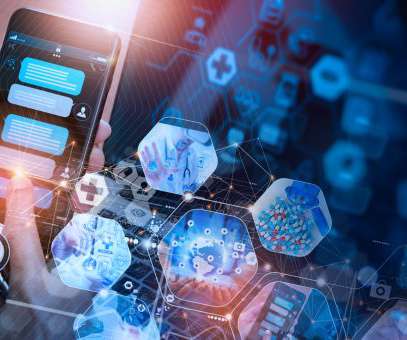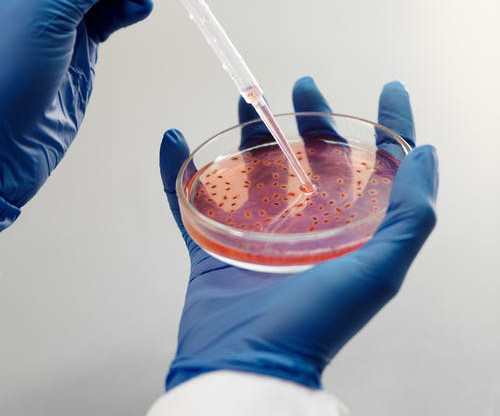Considerations for Mobile Health Technology Developers: Part 1
pharmaphorum
SEPTEMBER 29, 2022
Although mHealth has been gaining in popularity for at least the past decade, before commercializing their mHealth products, developers must determine whether the product is subject to U.S. If so, developers must develop and execute on a regulatory strategy. Food and Drug Administration (FDA) regulation as a medical device.












Let's personalize your content